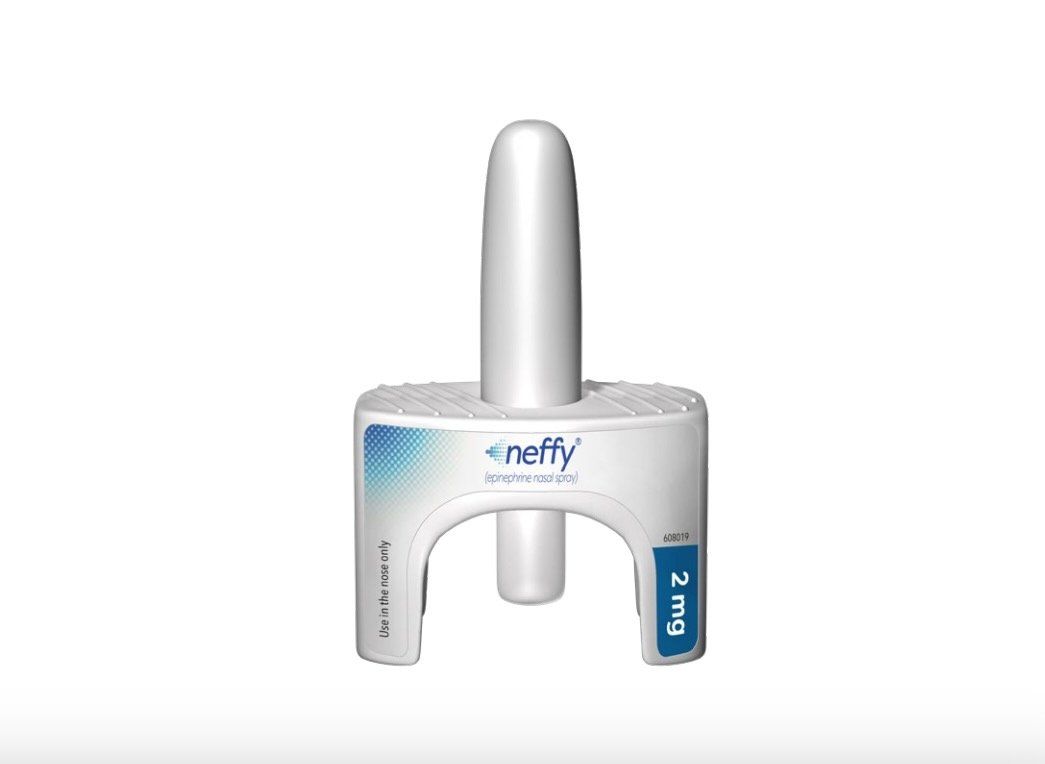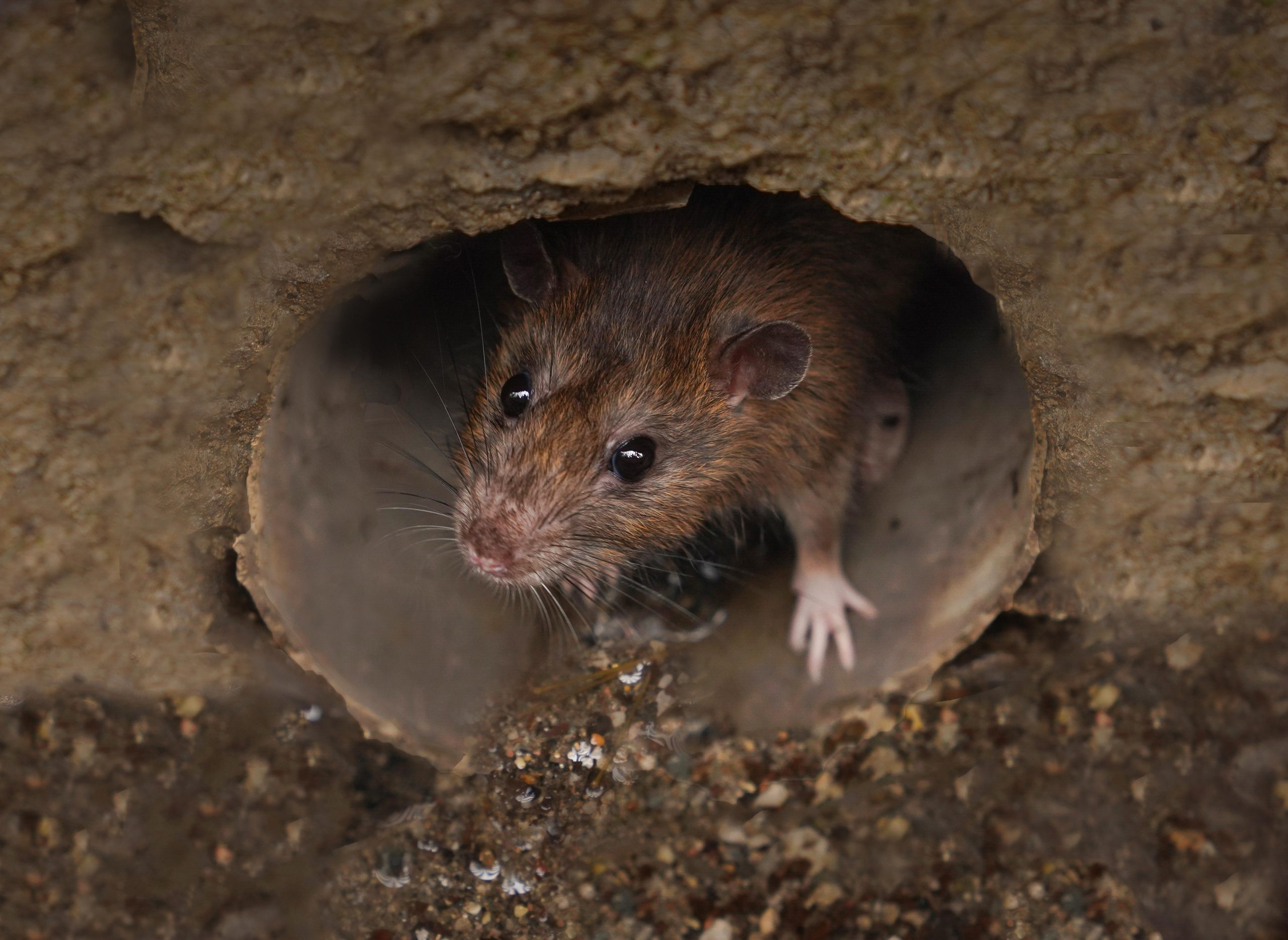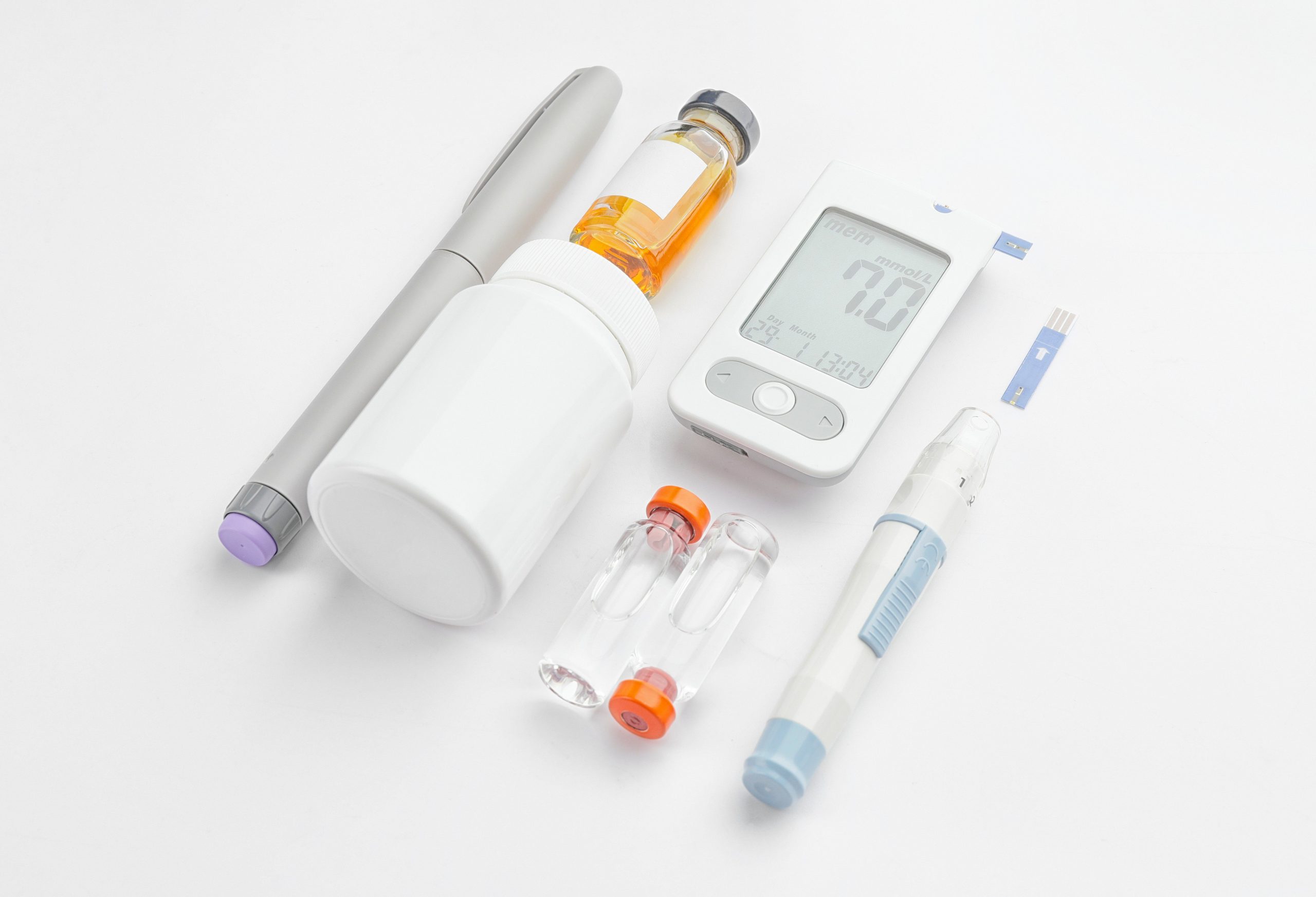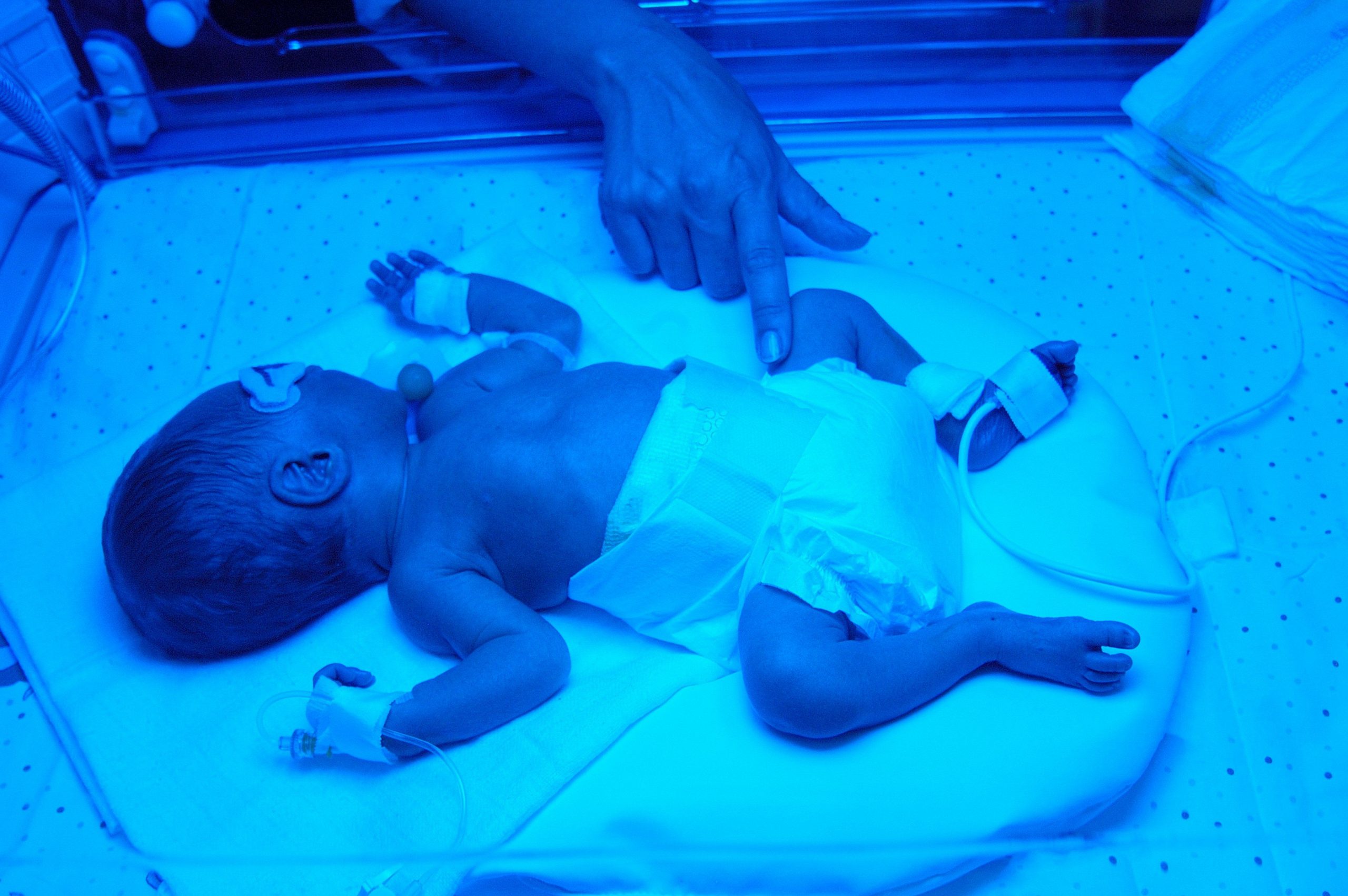
Highly processed packaged foods and drinks may be quick, cheap and tasty, but new research suggests they’re also likely to up your risk for depression. Among big consumers of ultra-processed foods, depression risk may rise by as much as 50%, the new study found, particularly when those foods are artificially sweetened. “Given what we know… read on > read on >


















